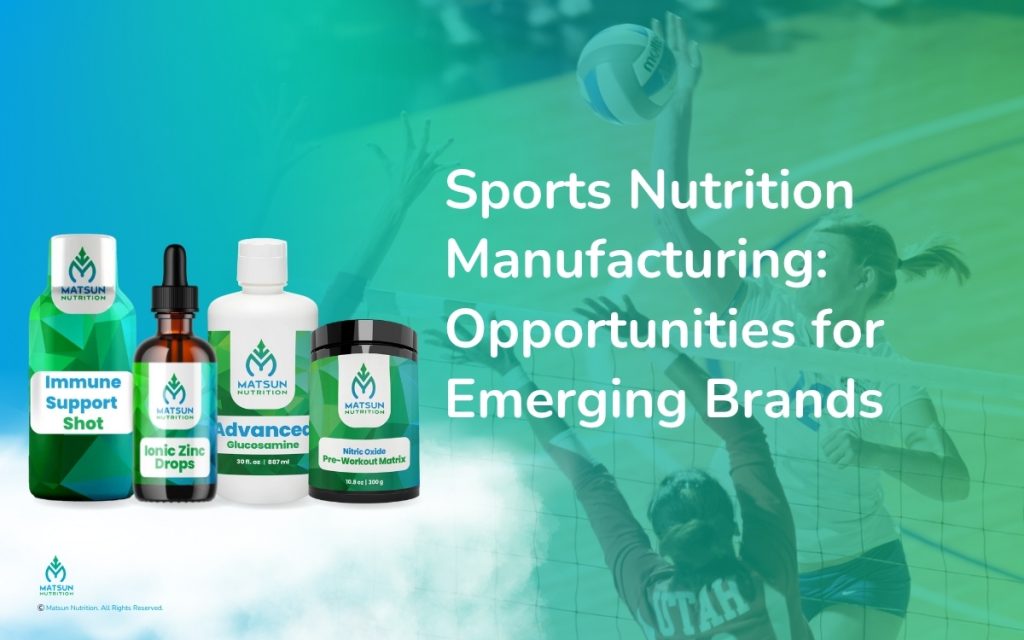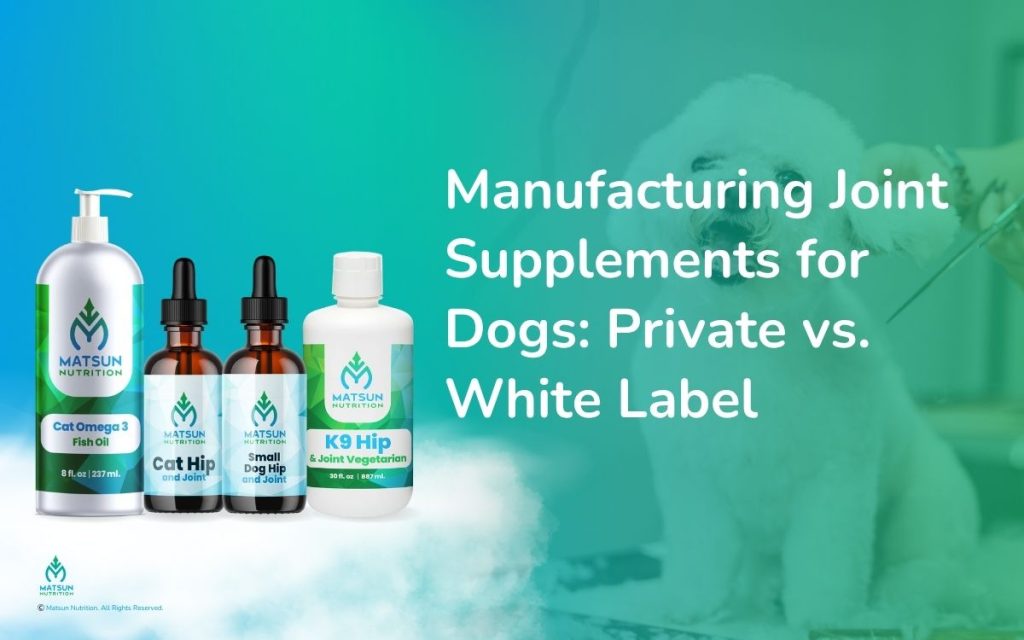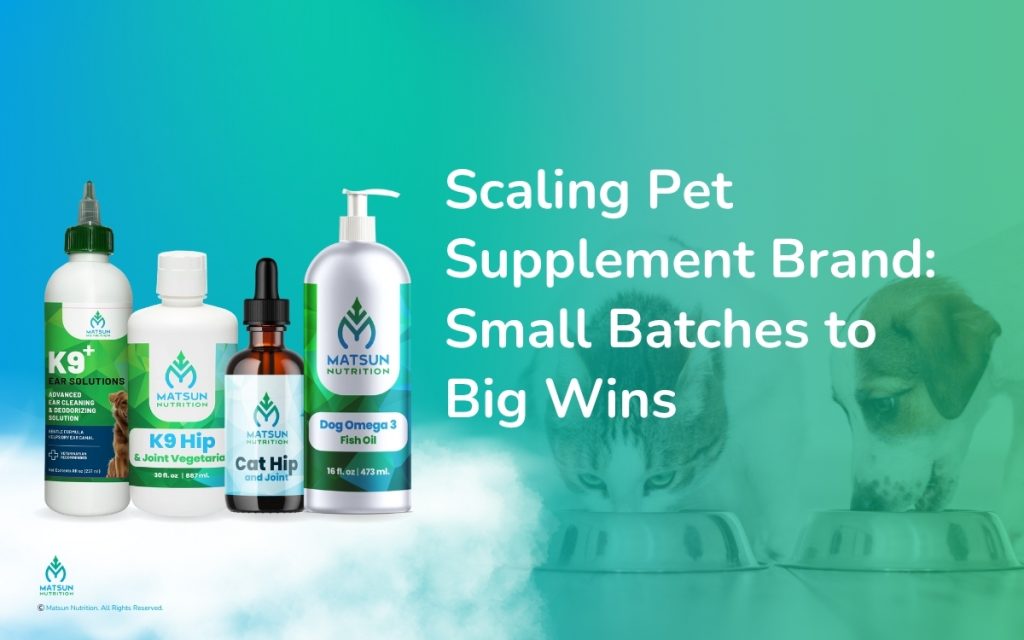GMP Manufacturing Protects the Consumer
GMP refers to good manufacturing practices that are required from drug and pharmaceutical product safety agencies, GMP manufacturing is required in order to conform to the guidelines recommended by drug safety agencies throughout the world. GMP contract manufacturers are licensed to produce drugs as the requirements of GMP. GMP contract manufacturers and GMP liquid manufacturers are required to follow the GMP manufacturing guidelines. These guidelines provide the minimum requirements that a drug or food product manufacturers must meet to assure that the products are of high quality and do not pose any health risks to the consumer or the general public.
In addition to this, the regulations which have the force of law in most countries require that manufacturers, processors, and packagers of drugs, and other related products including blood, food, and medical equipment take proactive measures to ensure that their products are effective, pure, and safe for human consumption. GMP contract manufacturing requires a quality approach to manufacturing of pharmaceutical products, thus enabling supplement manufacturers to minimize risks of contamination, errors, and mix-ups. These types of issues can apply to leading brands and private label supplements as well. This in turn, protects the consumer from purchasing drugs and related products which are not effective or dangerous. Violations of these requirements by either GMP contract manufacturing or GMP liquid manufacturers can result in very serious consequences including fines, recalls, seizure, or even jail time
GMP Contract Manufacturing Regulations
GMP contract manufacturing regulations address issues such as cleanliness, complaint handling equipment verification, personnel qualifications, process validation, and sanitation cleanliness. Most of the GMP regulations are general and open-ended in nature, allowing each pharmaceutical manufacturer to decide individually how best to implement the stipulated controls. This provides flexibility as well as requiring that the manufacturer interprets the regulations in a manner which makes sense for each individual manufacturing company.
GMP Testing
Why is GMP manufacturing so important? A consumer usually cannot detect through sight, smell, or touch that a drug product is safe for consumption or if it will work. While GMPs require testing, testing itself is not adequate to ensure quality of the product. In most cases testing is done on a small sample of a batch for instance, a drug manufacturer may test 100 tablets from a batch that contains 1 million tablets. Therefore, it’s necessary that drugs are manufactured under condition and procedures required by the GMP manufacturing regulations to assure that the quality of the product is built into the design and manufacturing process at every step. Properly maintained and calibrated equipment, facilities in good condition, qualified and trained employees are a few examples of the good manufacturing practices requirements that help to assure the efficacy and safety of drug products.
GMP Liquid Manufacturers – Requirements
If GMP liquid manufacturers don’t comply with GMP contract manufacturing requirements, any drug the company makes is deemed “adulterated” under the law. This kind of adulteration means that the drug was not manufactured under the set conditions that comply with GMP requirements. It does not mean that there is something wrong with the product. Enforcement agencies throughout the world tasked with ensuring GMP practices are implemented, usually advise consumers that are already taking such drugs to interrupt their drug therapy as this could have serious implications on their health. However, consumers should seek medical advice before changing or stopping medications. Regulatory actions against pharmaceuticals manufacturers with poor GMPs are often intended to prevent the possibility of ineffective and/ or unsafe drugs. The impacts of GMP manufacturing violations depending on the nature of the violations and the specific drugs involved.
GMP Contract Manufacturing – Good Manufacturing Practices
There are different versions that GMP liquid manufacturers are required to follow. In the United States the U.S Food and Drug Administration is tasked with ensuring the GMP contract manufacturing requirements are implemented. The FDA uses the phrase “current good manufacturing practices” (cGMP) to describe these requirements. All manufacturers of dietary supplements have been subject to these guidelines since 2010. The WHO version of GMP is used by drug safety authorities and the pharmaceutical industry in over one hundred countries worldwide, especially in developing countries.
In order to determine if GMP liquid manufacturers are complying with the set requirements, authorities inspect the manufacturing facilities worldwide. Inspections follow a standard approach and are conducted by highly trained and experienced staff. Authorities can also rely upon reports from the public and the pharmaceuticals industry of potentially dangerous and defective drug products.



